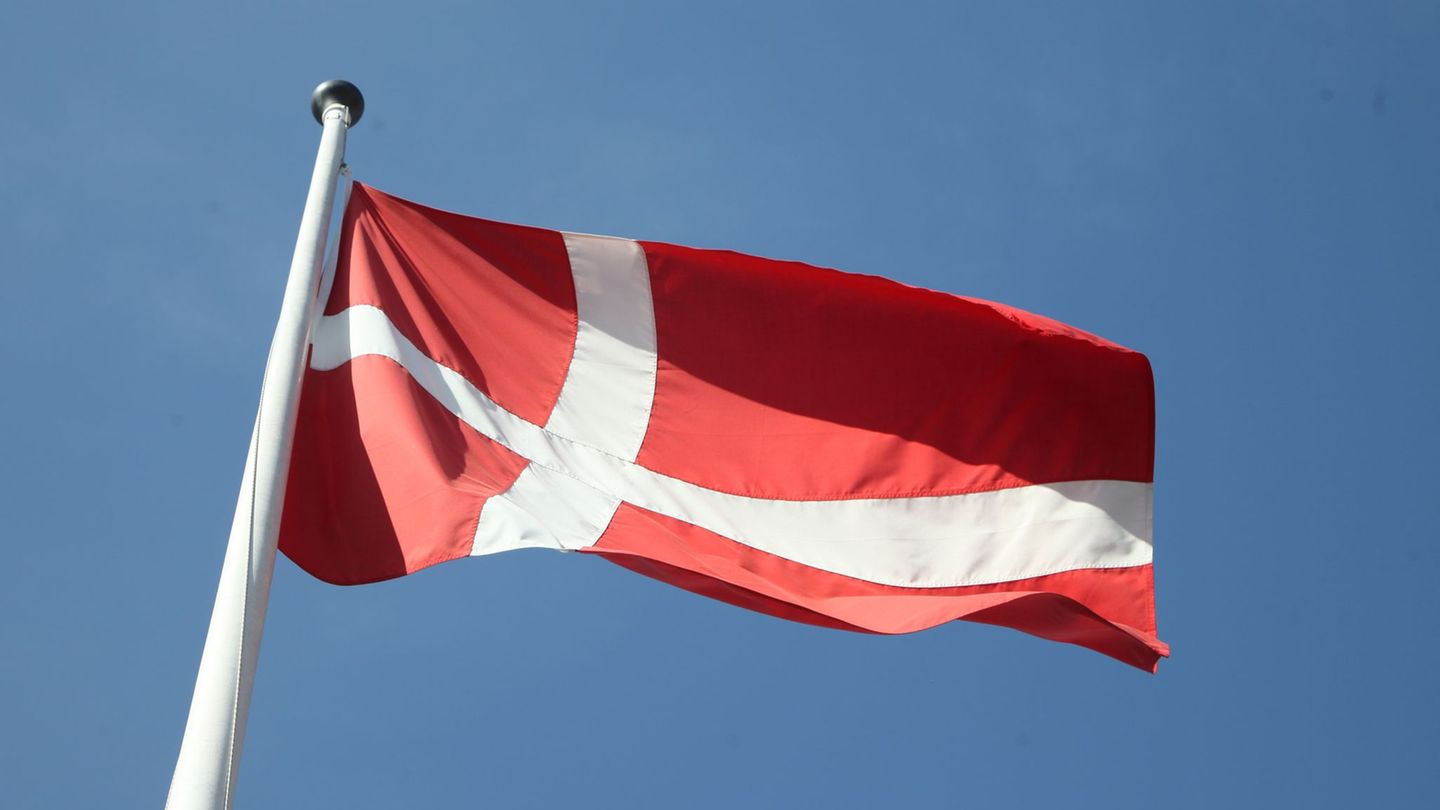Citizens’ money is increasing significantly. Some criticize the increase as reducing incentives to work. The increase is still far too low, say others.
The more than five million recipients of citizens’ benefit should receive an average of around 12 percent more money by January 1, 2024. The Federal Cabinet passed a corresponding regulation in Berlin from Federal Labor Minister Hubertus Heil (SPD).
Heil had already announced the increase at the end of August. Since then there has been controversy about it. At the same time, benefits for asylum seekers are also increasing.
Sharp increase due to new calculation method
The standard rate for citizens’ money is adjusted annually to prices and wages – as was previously the case with Hartz IV. In the past, however, the increase often lagged behind the development of inflation. With the introduction of citizen’s money this year, the calculation also changed.
Now current inflation is also taken into account. According to Heil, the new system made citizens’ money “more resistant to inflation and therefore also more crisis-proof”.
61 euros more per month
For single people, the citizen’s allowance will be increased by 61 to 563 euros on January 1st. Adults living with partners will in future receive 506 euros instead of the previous 451 euros. In the future, young people between the ages of 15 and under 18 will receive 471 euros (previously 420).
For children from the age of 7 to the age of 14, the rate increases from 348 to 390 euros. For the smallest from 318 to 357 euros. According to the draft regulation, the increase will cost a total of around 4.5 billion euros.
Too much or too little – criticism from different sides
CDU leader Friedrich Merz and the Union criticized the move. There is a problem with the wage gap requirement, according to which social benefits should be noticeably lower than wages, criticized Merz. Work incentives should not be lost, work should be worth it.
AfD leader Alice Weidel described citizens’ money as a “migration magnet”. Left-wing and social associations criticized the increase in citizens’ money as too late and too low in view of the high food and energy prices.
SPD: Criticism of the Union is not honest
The SPD counters the Union by saying that the wage gap requirement can also be achieved through higher incomes. The deputy SPD parliamentary group leader Dagmar Schmidt said on Wednesday: “It remains true: those who work always have more.”
Since the beginning of 2022, the minimum wage has increased in percentage terms more than the citizen’s allowance (formerly Hartz IV). Heil had also accused the CDU/CSU of not agreeing to the increase in the minimum wage to 12 euros – which is why Merz’s arguments were not honest.
The German Federation of Trade Unions welcomed the cabinet decision on Wednesday. “The fact that around five million people are receiving more citizen’s money is a good and necessary decision for those affected in view of the skyrocketing prices,” said board member Anja Piel. They urgently need the increase.
Calculation of citizen’s allowance based on statistics
The annual adjustment of the citizen’s allowance is based on statistically recorded data from around 60,000 households. A specific need is identified for, among other things, nutrition, clothing, personal hygiene and household items.
This is how the rule set comes about. The current 502 euros for an adult includes around 174 euros for food and drinks, around 49 euros for freedom/entertainment/culture and 45 euros for telecommunications/post.
Benefits for asylum seekers are also increasing
In parallel to the increase in citizen’s benefit rates, the benefits for asylum seekers in accordance with the Asylum Seekers’ Benefits Act are adjusted annually in accordance with wage and price developments in the country. “The same percentage as the standard rate increase,” said a spokeswoman for the Federal Ministry of Social Affairs when asked.
Anyone who has submitted an asylum application in Germany on which a decision has not yet been made, or who has a so-called toleration, does not receive citizen’s benefit, but rather support according to the Asylum Seekers’ Benefits Act.
According to the Federal Ministry of Social Affairs, as things currently stand, this is 182 euros in so-called pocket money for single people. In addition, there are 228 euros for the so-called necessary needs: such as food, accommodation, heating or clothing.
Source: Stern
I have been working in the news industry for over 6 years, first as a reporter and now as an editor. I have covered politics extensively, and my work has appeared in major newspapers and online news outlets around the world. In addition to my writing, I also contribute regularly to 24 Hours World.




